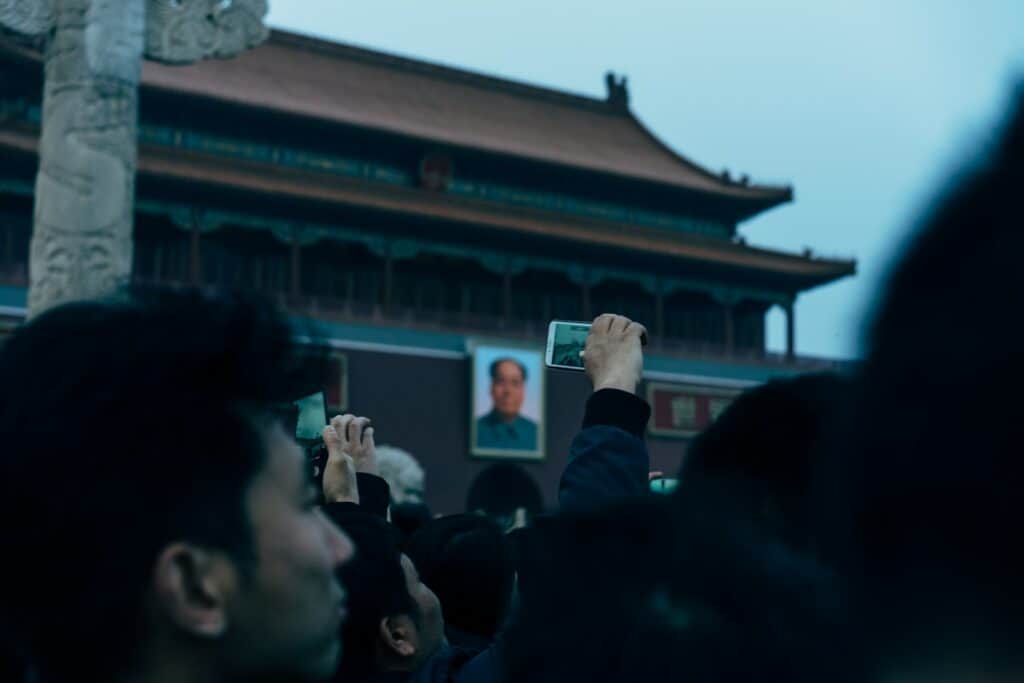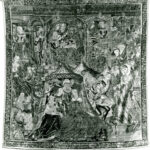Benny Lévy: A Revolutionary Thinker in the Mao Spontex Movement
Early Life and Political Awakening
Benny Lévy was born on August 1, 1945, in Cairo, Egypt, into a privileged Jewish family. Growing up in an intellectually stimulating environment, he was exposed to diverse philosophical and political ideas from an early age. However, it was during his university years that Lévy’s political awakening took place, influenced by the tumultuous events of the 1960s.
The Rise of the Mao Spontex Movement
Inspired by Mao Zedong’s revolutionary philosophy, Lévy became deeply involved in the Mao Spontex movement in France. The movement emerged as an amalgamation of Maoist ideology and the spontaneous energy of the French student protests in 1968. Lévy’s charismatic leadership and intellectual prowess quickly propelled him into a prominent role within the movement.
The Ideological Contributions of Benny Lévy
As a key intellectual figure in the Mao Spontex movement, Lévy made significant contributions to its ideology. He delved into Mao’s writings, interpreting and adapting them to the French context. Lévy’s theoretical insights and ability to articulate complex ideas in accessible language resonated with many within the movement, helping to shape its direction and goals.
The Activism and Impact of Benny Lévy
Lévy’s activism went beyond intellectual pursuits. He actively participated in street demonstrations, sit-ins, and protests, advocating for radical social change. Lévy’s impassioned speeches and charismatic presence made him a respected and influential figure within the movement, inspiring others to take action and challenge the established societal norms.
Transformation and Reevaluation
In 1971, Lévy traveled to Israel, a journey that would profoundly reshape his worldview. The experience prompted a period of intense introspection, leading him to question the potential dangers and unintended consequences of revolutionary violence. Lévy began to reevaluate his beliefs, realizing the need for a more nuanced understanding of social and political transformation.
From Radicalism to Intellectual Exploration
Lévy’s departure from the Mao Spontex movement marked a significant turning point in his life. He embarked on a new intellectual journey, engaging in philosophical dialogues with influential French thinkers such as Jacques Derrida and Jean-Luc Marion. These encounters expanded Lévy’s horizons, leading him to explore the intersection of politics, religion, and ethics.
Rediscovering Jewish Identity and Spirituality
During this transformative phase, Lévy also delved into his Jewish roots, reconnecting with his cultural and intellectual heritage. He began exploring Jewish spirituality and engaging with the profound questions raised by the Holocaust, experiences that deeply influenced his subsequent intellectual and philosophical development.
Legacy and Impact
Benny Lévy’s life and intellectual evolution offer a unique perspective on the potential for personal transformation and critical self-reflection. His journey from the fervent activism of the Mao Spontex movement to a more nuanced and introspective approach exemplifies the complexity of political engagement and the constant quest for meaning and justice.
Lévy’s later works, marked by existentialist and religious themes, continue to inspire philosophical debates and discussions. His legacy serves as a reminder of the importance of intellectual exploration, dialogue, and ethical responsibility in shaping a more just and compassionate society.
Works
- We are right to revolt (co-signed, under the pseudonym of Pierre Victor , with Jean-Paul Sartre and Philippe Gavi ), Gallimard, coll. “Wild France”, 1974
- Hope Now , interviews with Jean-Paul Sartre , Le Nouvel Observateur , March 1980
- The Man’s Name. Dialogue with Sartre , Verdier, 1984
- The Logos and the Letter. Philo of Alexandria next to the Pharisees , Verdier, 1988
- Hope now. The 1980 interviews (with Jean-Paul Sartre ), followed by Word of the end , Verdier, 1991
- Continuous Face: The Thought of Return in Emmanuel Lévinas , Verdier, 1998
- The Murder of the Pastor. Critique of the Political Worldview , coed. Verdier-Grasset, coll. “Figures”, 2002
- To be Jewish. Levinassian study , Verdier, 2003
- The Confusion of Times , Verdier, 2004
- The Birth Ceremony , Verdier, 2005
- The Book and Books. Conversations on secularism (with Alain Finkielkraut ), Verdier, 2006
- Power and Freedom (workbooks in dialogue with Sartre, 1975-1980), edition established, annotated and presented by Gilles Hanus, Verdier, 2007
- Lévinas: God and Philosophy (Jerusalem seminar, 1996-1997), text established by Léo Lévy, Verdier/poche, 2009
- The Alcibiades. Introduction to reading Plato (course at the University of Paris-VII, 1996), Verdier/poche, 2013
- The Phaedo. Philosophizing in the presence of death , (course at the University of Paris-VII, 1993-1994), Verdier/poche, 2018
Books on Benny Lévy
- Cahiers d’études lévinassiennes , “Benny Lévy”, special issue, Institute of Levinass Studies, 2005.
- Philippe Lardinois, From Pierre Victor to Benny Levy, from Mao to Moïse? , Luc Pire, 2008
- Rémi Soulié , With Benny Levy , Deer, 2009
- Sébastien Repaire, Sartre and Benny Lévy: an intellectual friendship, from triumphant Maoism to the twilight of the revolution , preface by Jean-François Sirinelli, Paris, L’Harmattan, 2013, 260 p.
- Léo Lévy , To life: story , Lagrasse, Éditions Verdier ,, 176 p.
- Gilles Hanus , Benny Lévy, the brilliance of thought , Verdier, 2013
- Gilles Hanus , Thinking of two? Sartre and Benny Lévy face to face , L’Age d’homme, 2013.







